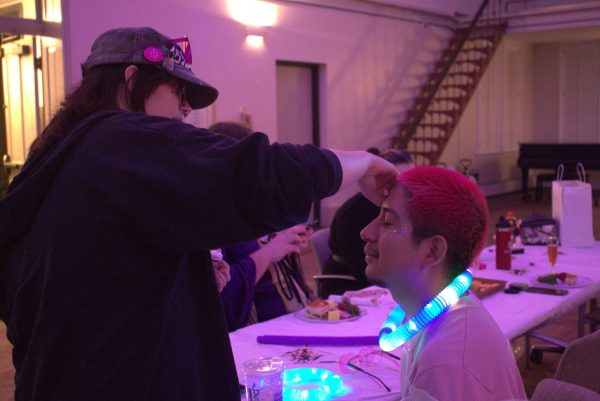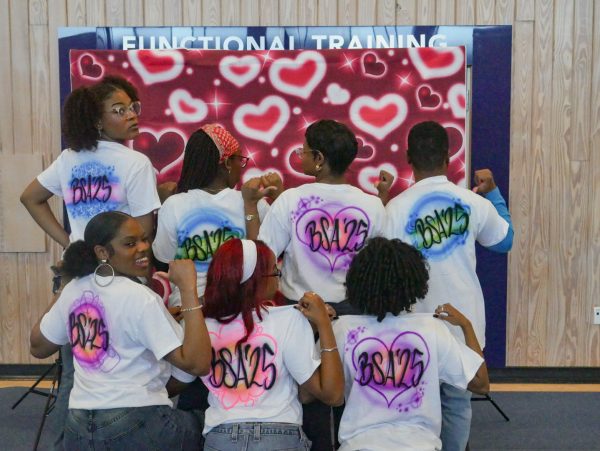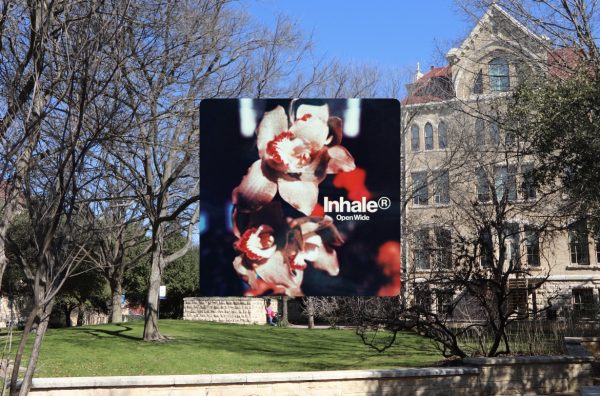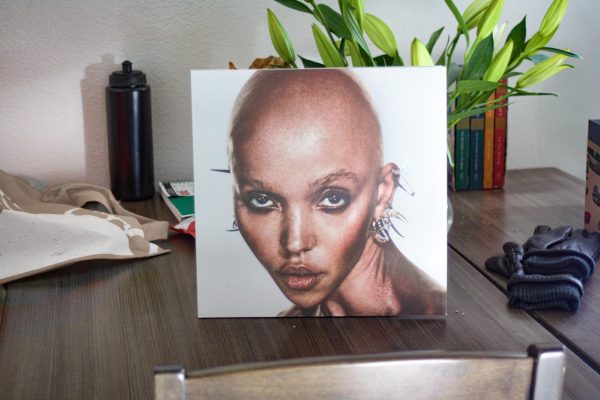Staff Picks: Favorite Summer Albums
Summer Pick: Kanye West – “Yeezus”
When you first hear “Yeezus,” Kanye West’s sixth album, you are either confused, uncomfortable, terrified or all of the above.
Clanking synths and dread-filled samples shoot at you like a bullet train. Dancehall beats and House loops huff and puff like threats. And then there is Kanye, slicing through all the turbulence with his fists clenched.
This time around, it is neither West’s penchant for song crafting nor his lyrical prowess that acts as the spine for his work. Instead, it is the sheer determination of his project that literally came out of nowhere; the album was announced in May and released in June.
In an ironically anti-promotion spectacle, a video of West performing “New Slaves,” the album’s lead single, was projected upon landmarks around the world. Also, the album’s poster campaign prompted listeners to “PLEASE ADD GRAFFITI” to the noticeably bare album art.
West’s aesthetic had become overly militant in spirit. In the flashy decadence of the modern popular music, West’s realist PR was extremely refreshing. This complete dismissal of the rules makes “Yeezus,” at the very least, an extremely commendable album, especially in a musical era dominated by stale EDM that hardly says anything. With “Yeezus,” it is obvious West has something to say and does not care who hears it.
Kanye’s not playing nice—he is being a straight-up punk.
West has made a career out of combining superbly produced hip-hop with his own polarizing persona, and with each album, his ego seems to only get bigger.
“Yeezus” definitely does not deviate from this trend.
It is West at his most skeletal, blatantly off-putting, and courageous. West’s blunt and overly debauched lines are sometimes comical, problematic or both.
Inspired by numerous ungodly men in pop culture folklore, like the businessman/serial killer, Patrick Batemen, “Yeezus” is highly graphic in its violent imagery. Upon first listen, it is hard to tell what is truth and what is metaphor.
West’s sixth album creates a nightmarish world where West is God, women are both enemy and confidant, and morality is the only thing that cannot be purchased or downloaded. As a concept album, the results are maddening.
Casual Kanye-fans fled after their first listen of “Black Skinhead,” an assaulting anti-racism banger that samples Marilyn Manson, while many hip-hop enthusiasts preferred the more of-the-moment melodies of rappers like J. Cole or Mac Miller. And while both are good at what they do, their summer albums lacked the visionary bravado found on “Yeezus.”
West has been telling the story of the modern Black American’s hunger for success for a while now. However, with “Yeezus” West has fully evolved into a beastly consumer of popular and political culture, unabashedly critiquing it while falling victim to its destructive tropes of addiction and materialism.
The most important pieces of art are usually the most controversial, often due to the ugliness they expose. In this sense, “Yeezus” is not only the most hideous album of the summer, but also the best.











